In the EU we have put a muzzle on ourselves, hoping that others will do the same

- - Europe has a great opportunity, which unfortunately it is not using. If we do not change anything, we will not only fall off the podium, but we will cease to count globally - says Tomasz Domogała, chairman of the supervisory board of TDJ.
- According to business representatives, the fragmented European Union has no chance against such homogenous powers as the US or China. Therefore, in some areas its integration must be strengthened. This includes, for example, the unification of the capital market, community orders, and perhaps Poland's accession to the eurozone.
- - The call for greater centralization in Europe is a political matter. I do not judge whether it is good or bad. I draw attention to the conditions in which we function, whether there is social consent for it - cools down the moods Ignacy Niemczycki, Secretary of State in the Chancellery of the Prime Minister.
ICEYE has the world's largest constellation of satellites equipped with radars for obtaining images of stationary objects with high resolution. They can visit the same place even a dozen times a day, enabling the detection of changes on an unprecedented scale. The solution works, among others, in the defense sector, supporting Ukraine. The company was founded in Europe. It was created by a Pole, Rafał Modrzewski, and a Finn, Pekka Laurila. This year, it was among the winners of the Investor Without Borders competition.
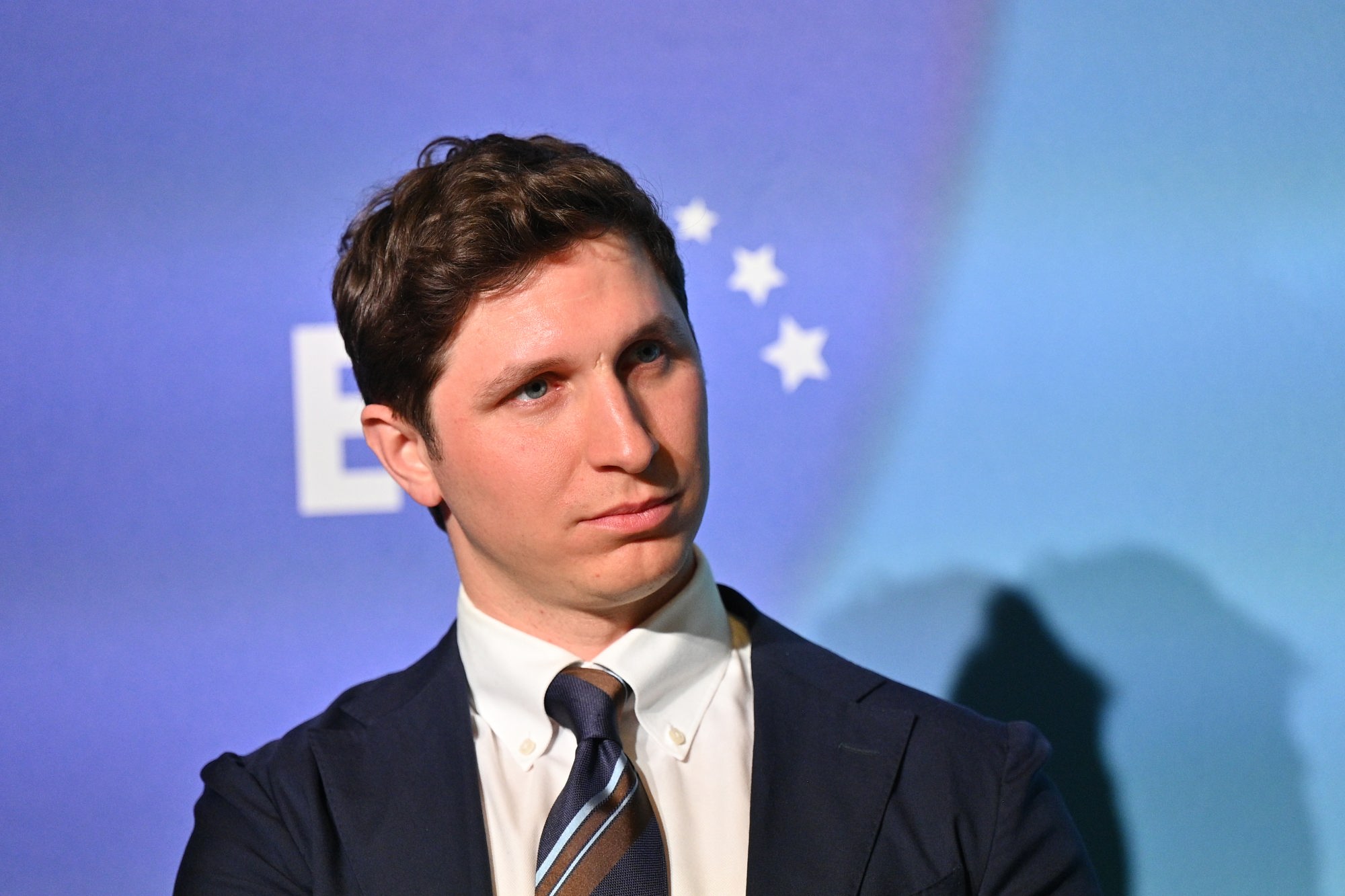
ICEYE's activities are a perfect example of how Europe can be globally competitive . This was discussed at the European Economic Congress during a debate, in which Rafał Modrzewski was one of the participants.
The main message that comes from it is thatthe European Union has reflected at the last minute, realizing that it is rapidly losing competitiveness against the United States and China , and that it is trying to return to the path of economic development. There is a good chance that it will succeed. Otherwise, the role of our continent will be reduced to a tourist attraction for wealthy residents of other parts of the world .
In order to avoid this, according to the participants of the debate, it is necessary to analyze what is happening, among other things, with European integration, how the market is regulated and what access non-EU companies have to it . A different, more American approach to economic risk is also needed. The impulses for the development of European companies should be defense orders, but also the creation of a mechanism for large European public orders. A revision of green policy towards greater realism should also do its part, because it is known that Europe no longer has a patent for the export of ideas.
The greater the integration, the greater the economic powerEurope has a great opportunity, which unfortunately it is not using. If we do not change anything, we will not only fall off the podium, but we will cease to count globally - said Tomasz Domogała , chairman of the supervisory board of TDJ.
In his opinion, energy in Europe is too expensive (a consequence of green policies), labor laws are too inflexible, the economy is overregulated and there is a lack of access to capital . There is also a lack of economies of scale, such as those in the United States or China. The European Union is a single market, but it is made up of 27 countries.
- Fragmented Europe or Poland alone cannot compete with the big powers. We need to take another step to transform our internal quarrels into a common economic policy , which is missing today. Otherwise, we will be played all the time - he explained.
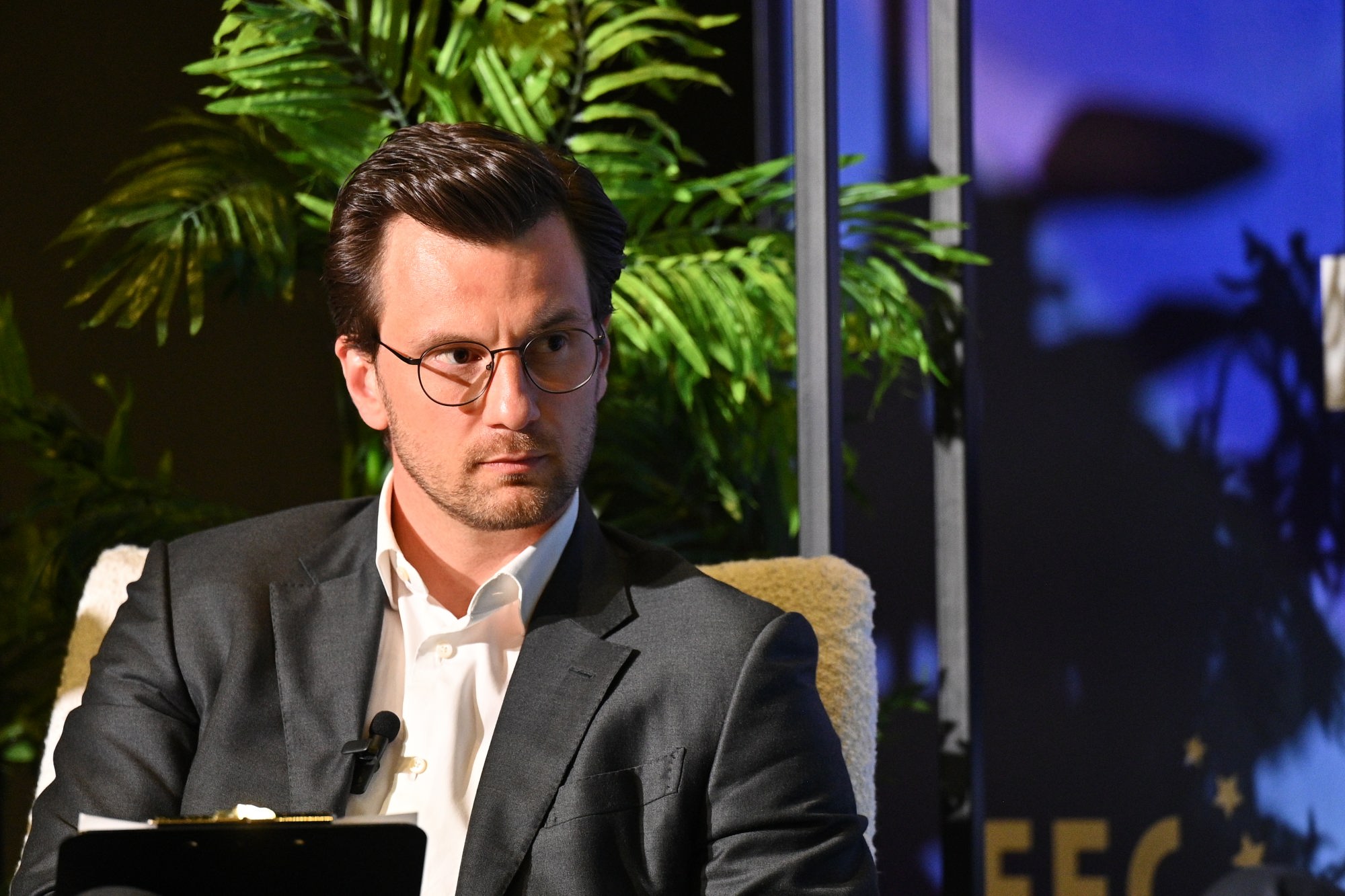
- We need to change our mindset and learn to think European, not national. However, will European countries be able to put the EU and European interests above national interests? - asked rhetorically Przemek Gdański , president of the management board of Bank BNP Paribas, adding that he would like Poland to have a short path to the euro zone , because European money and the way it is managed by the European Central Bank are the best proof that a common European perspective makes sense.
Przemek Gdański would also like Europe to be open to the creation of truly large banks that will be able to finance large European economic projects . He admits, however, that nation states are resisting in this area, for example, the Germans do not really like the idea of Commerzbank being taken over by the Italian UniCredit.
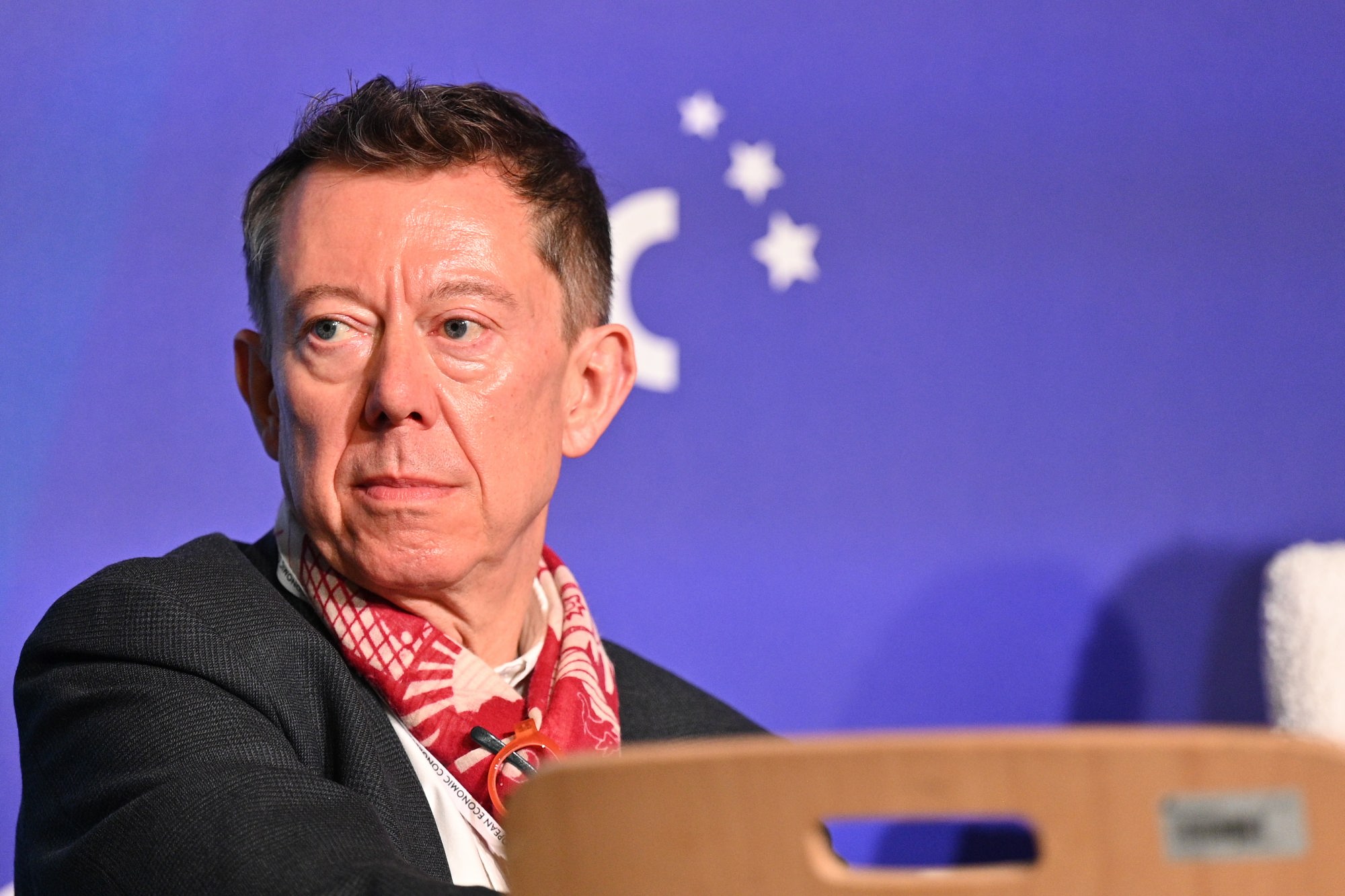
Fundamental questions concern the shape of European integration, whether it will not proceed with a division into the center and the periphery. Should the revival of industry focus on Germany and France? How to balance the interests of individual countries? Adam Leszkiewicz , CEO of Grupa Azoty, pointed out that by 2030, 42% of hydrogen consumed in Europe is to be produced based on renewable energy sources, i.e., solar energy. Meanwhile, different solar radiation occurs in Spain, and different in Poland or Sweden.
The capital market is not dependent on the sun, just like green hydrogen production. There is no such common market in Europe, but there are fragmented national markets . This makes it difficult to obtain capital for business development.
- What will happen if the business in Europe is successful, the company's value reaches several billion dollars and it wants to enter the public market so that all Europeans can invest in it. Which public market? The one in Poland or in Finland? - asked Rafał Modrzewski, adding that at the beginning of its activity, ICEYE obtained large financing in the USA.
- At the expert level, we all agree that Europe lacks a single capital market. However, if it were to be created, it would need a single supervision. Will nation states give up some of their power to the European level? - asked Ignacy Niemczycki , Secretary of State in the Chancellery of the Prime Minister.
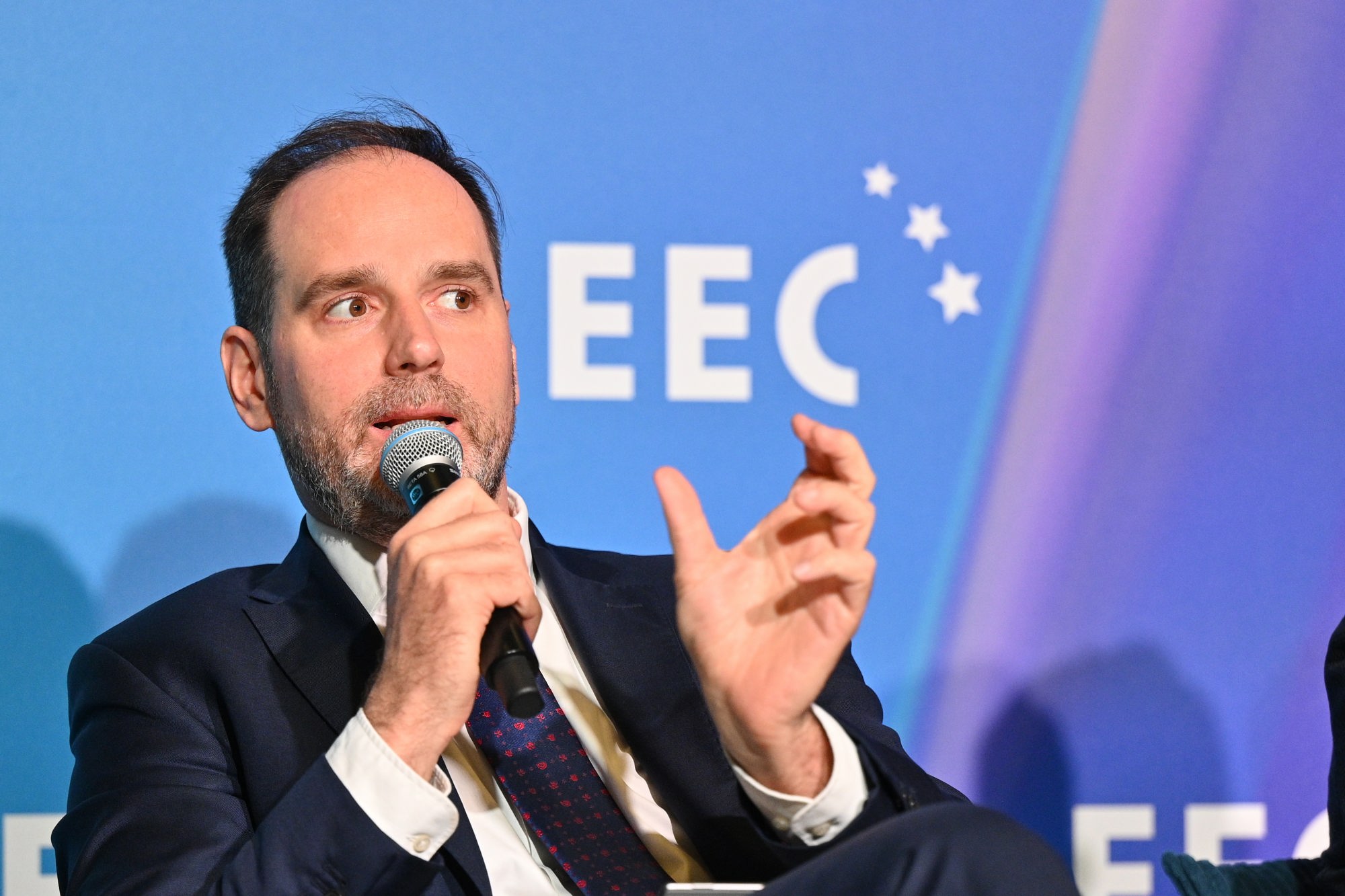
In his opinion, such unified supervision would bring benefits to Europe, but there are also opposing voices and the government's formal position is that this idea should not be implemented .
- The call for greater de facto centralization in Europe is a political matter. I do not judge whether it is good or bad. I draw attention to the conditions in which we function, whether there is social consent for it - he cooled the mood of businessmen.
We put a muzzle on ourselves, hoping that others would do the sameAccording to Niemczycki, Europe is becoming increasingly aware of the challenge of global competitiveness and in this sense it is ceasing to be naive.
- Even in the previous term of the EU authorities, most people in decision-making positions believed that Europe could impose certain standards on the rest of the world. And in some areas it is probably still possible, because we have a very large market, but in the most important matters it did not happen. We put a muzzle on ourselves, hoping that others would do the same, but it did not happen - said Ignacy Niemczycki, referring to regulations related to climate protection and adding that he is a great supporter of CBAM or border compensation fee for products originating from countries where production is not covered by the CO2 emission reduction regime.
The head of the TDJ supervisory board referred to the moment when in 2014 in Spodek in Katowice, Polish volleyball players won the world championship, defeating Brazil 3-1.
- In that match, both teams could send six players to the pitch, cheering was banned, and the Poles had their fans behind them and the advantage of home turf. If what is happening in the global economy were compared to a volleyball match, it would turn out that our competition plays with six players, and we with three, they can take cheering, and our public procurement law does not allow us to cheer on the Poles - said Tomasz Domogała, pointing out that companies operating in China are not burdened with ETS costs and it is impossible to compete with them in terms of costs.
Marcin Okoński , Managing Director & Partner for Poland at AT Kearney, encourages introducing numbers into the debate on EU regulations , how they will affect the economy or individual business models.
- If the energy company has additional costs to bear, it will pass them on to fuels, gas and electricity, which will worsen the situation of entrepreneurs - he said, adding that the voice of entrepreneurs is poorly heard at high levels in the European Union.
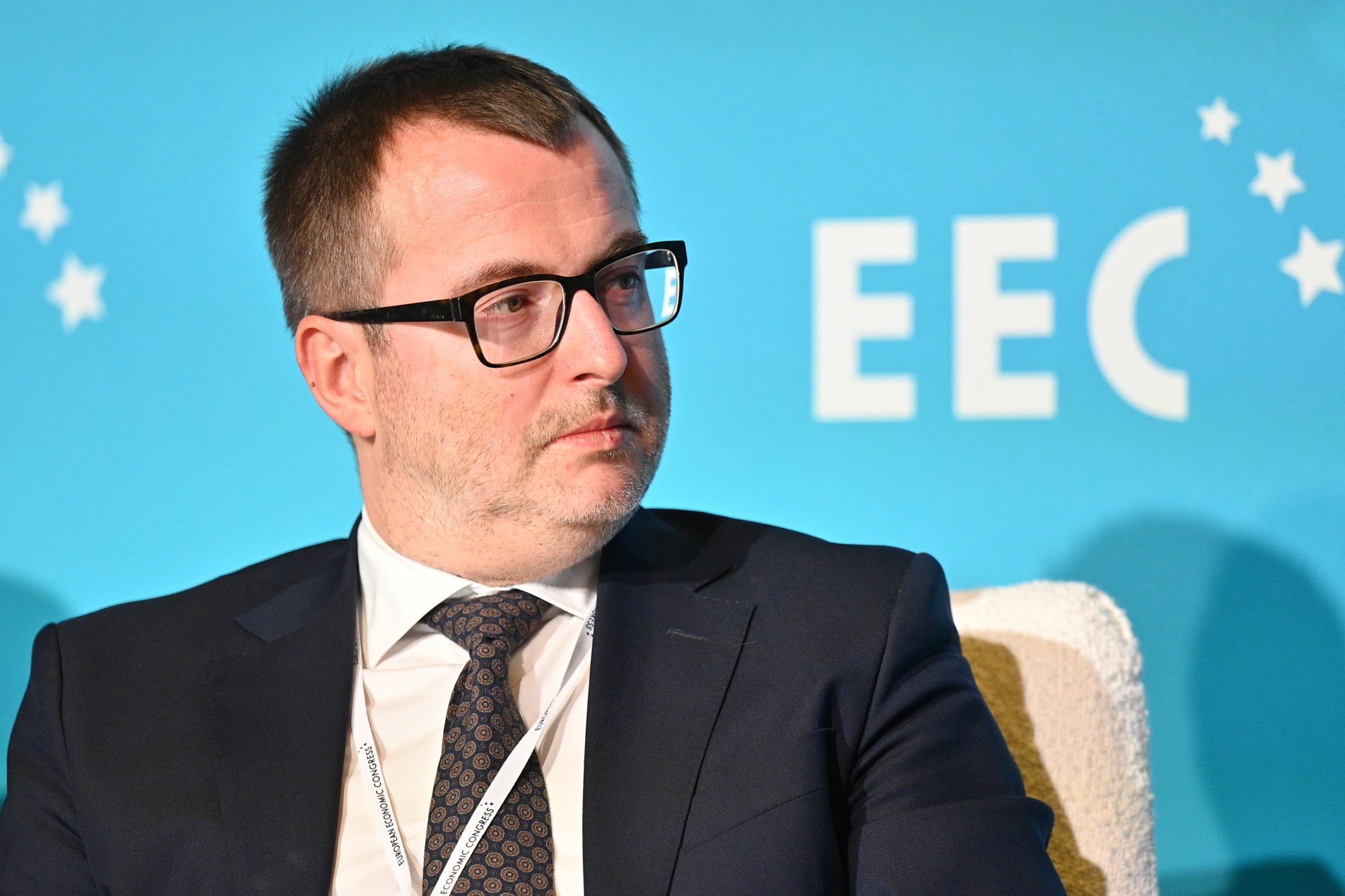
During the debate on competitiveness, the demand for protecting the market from non-EU goods was strongly heard . Tomasz Domogała cited the example of a tender for electric buses in Katowice, which was won by a supplier of Chinese vehicles, offering a slightly lower price than a manufacturer operating in Poland. The matter is made more interesting by the fact that 60% of the funds for the purchase come from the National Reconstruction Plan (KPO), i.e. from the fund for rebuilding the European economy after COVID. The president of Grupa Azoty also spoke about protecting the market.
- Let's not get carried away with this thinking, because we will end up with a closed market. I remind you that Europe is the world's second largest exporter of goods. Free world trade is still in our interest and we must be very careful not to fall into the protectionist policy - noted Ignacy Niemczycki.
European companies need European ordersRafał Modrzewski pointed out that the European Union does not conduct joint purchases. The first joint purchase in Europe was for Covid-19 vaccines, and the second was a satellite constellation that is to compete with Starlink.
- There are no large public procurements, and they are key to the development of innovative products on a large scale. We will not do it as Poland, as France or as Spain. It must be a joint effort if we want to compete with Elon Musk , with SpaceX . No single country in Europe will do it alone. It must be done at the European level - noted Rafał Modrzewski.
There is a solution to Europe's fears of riskDuring the debate, attention was also drawn to the need to change the approach to business risk in Europe . Both Rafał Modrzewski and Przemek Gdański spoke about this. The former argued that intellectual potential does not distinguish Europe from the US, but our approach to risk-taking is definitely different, while the latter pointed out that financial products based on a greater risk than a bank deposit function much better in the US than in Europe.
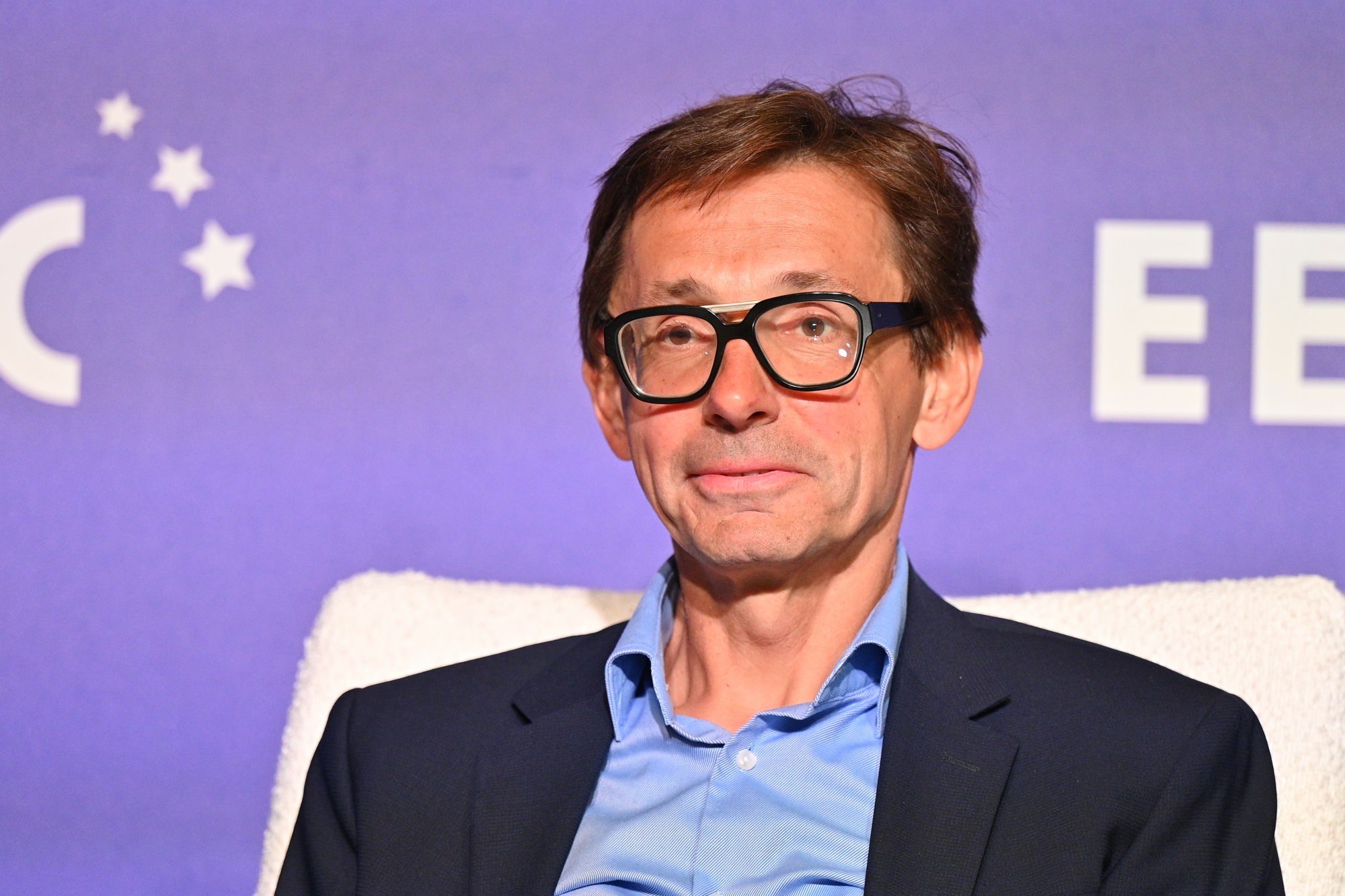
- We will not change the mentality of Europeans. However, we can use mechanisms that can reduce this risk. For example, the dispersed shareholding structure or ownership structure when it comes to large investment projects - pointed out Mikołaj Budzanowski , CEO of InnoEnergy CEE, explaining that in Western Europe, it is increasingly visible on the industrial market that investments are undertaken not by one large entity, but by a group of investors. The risk is shared jointly and severally depending on the size of the share. The Green Steel Mill in Boden, Sweden, has 20 different shareholders.
* * *
The debate "Europe's Competitive Economy" at the European Economic Congress in Katowice on 23 April 2025 was led by Karolina Hytrek-Prosiecka, communications expert.
Watch the coverage of the debate:
wnp.pl





